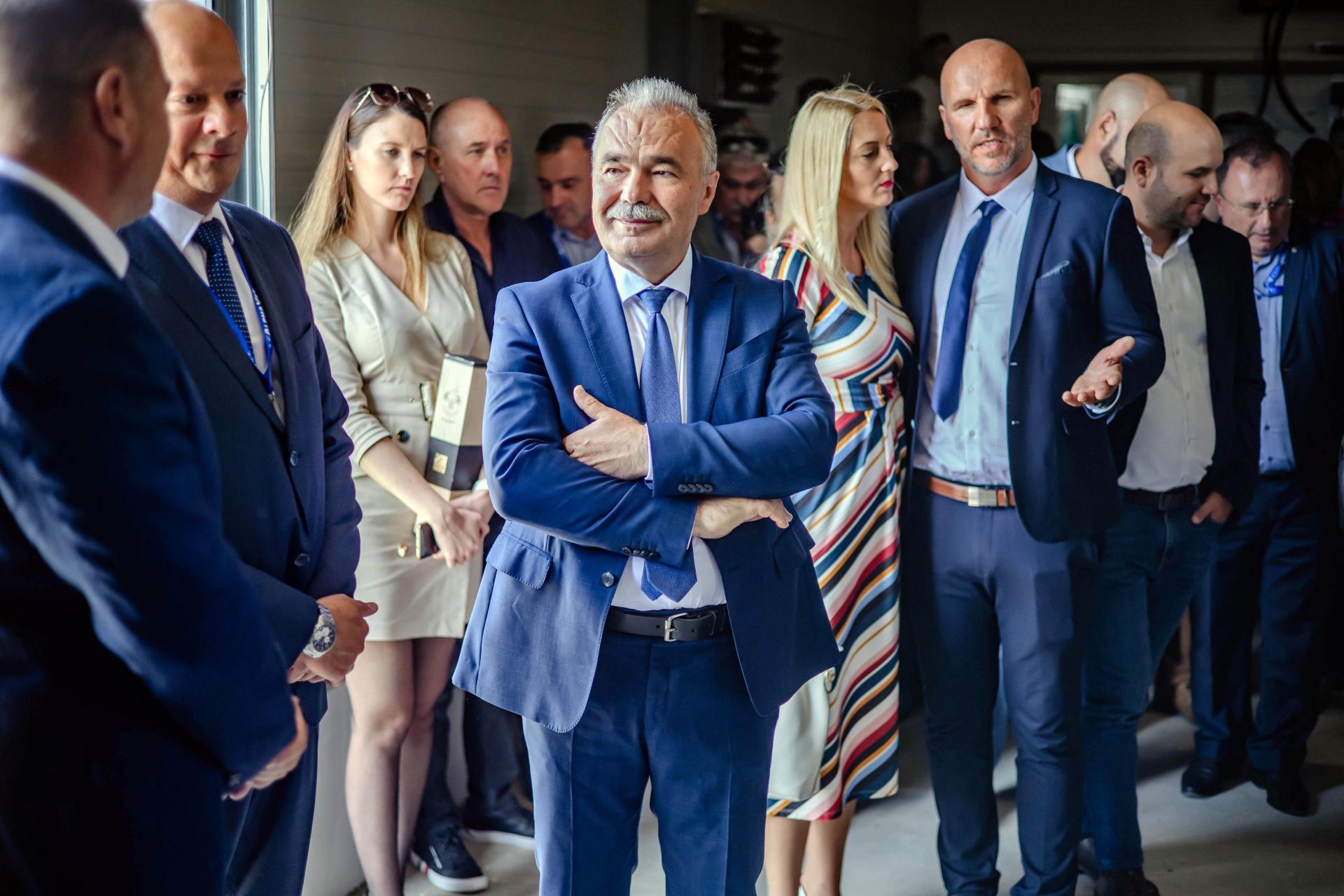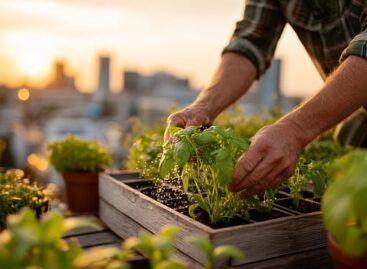Development in agriculture is unbroken
The poultry sector is the most competitive and also the most concentrated livestock sector in our country. It contributes to the improvement of the foreign trade balance, since poultry accounts for more than half of the export revenue of meat products – said Minister of Agriculture István Nagy on Thursday, in Kaskantyú, at the handover of the Kunság Poultry Kft.

(Photo: AM/Tibor Vermes)
The head of the ministry reminded that the success of the Hungarian national economy depends on agriculture, which is why similar occasions have such power. The solution to every crisis is the exploitation of investment, development and tender opportunities. Using the most modern technologies, we can find the answer to even the biggest challenges.
István Nagy reminded that the largest agricultural and food industry development program in our country was launched in 2021 within the framework of the Rural Development Program
In the spirit of this, we announced new calls for funds in 2021 and 2022 with a resource limit of around HUF 1,500 billion. The call for support for the development of livestock farms offered all sectors of animal husbandry the opportunity to support construction, purchase of equipment and machinery, modernization aimed at reducing energy consumption, and even the complex design of new livestock farms. He added that in 2021, a call to support the renewal of livestock farms was also announced, which provided assistance for investments in smaller livestock farms. The number of subsidized applications in the framework of the two calls exceeded 2,000 in total, and the amount of funding was HUF 428 billion, explained the minister. In his speech, István Nagy also touched on the fact that Kunság Baromfi Kft. also submitted a grant application to the call for support for the renewal of livestock farms, and won a grant of HUF 2.25 billion for the implementation of its development worth more than HUF 4.5 billion. He added that on one of the two development sites, two new, completely identical, 1,421-square-meter breeding stables were built, with the corresponding 44-square-meter social room. The barn is also equipped with the most modern energy-saving ventilation, and the gas consumption of its heating is 70 percent of that of conventional heaters. Broiler chickens are also raised on site, targeting the market niche between “industrial” and free-range chickens. The company can raise about 360,000 broiler chickens for sale every year. After the two coops are filled, there will be 150,000 laying hens, producing at least 135,000 eggs per day. We should consider the facility as a reference plant that was implemented in our country for the first time in Europe, it is a modern technology that meets the highest animal welfare requirements, explained the minister.
István Nagy emphasized that supporting investments that increase competitiveness and efficiency will continue to be key
Until 2027, another huge sum of HUF 5,376 billion is available as the entire resource framework of the KAP Strategic Plan. Of this, almost HUF 2,900 billion are used for the purposes of rural development. The Hungarian government supplements the HUF 600 billion EU rural development subsidy with HUF 2,300 billion. This amount is a tangible tool to increase the export power of Hungarian quality food production, to achieve domestic rural development goals, and to meet the EU’s green expectations at the same time, said the head of the ministry.
AM
Related news
State compensation for the victims of Bászna Gabona Zrt. has been completed
🎧 Hallgasd a cikket: Lejátszás Szünet Folytatás Leállítás Nyelv: Auto…
Read more >In 2025, FruitVeB considered the support and professional coordination of the TÉSZs as its priority task
🎧 Hallgasd a cikket: Lejátszás Szünet Folytatás Leállítás Nyelv: Auto…
Read more >Related news
Innovations, success stories and awards on the same stage
🎧 Hallgasd a cikket: Lejátszás Szünet Folytatás Leállítás Nyelv: Auto…
Read more >Farewell day at the 60th anniversary EuroShop trade fair
🎧 Hallgasd a cikket: Lejátszás Szünet Folytatás Leállítás Nyelv: Auto…
Read more >NAV: Women’s Day inspections begin
🎧 Hallgasd a cikket: Lejátszás Szünet Folytatás Leállítás Nyelv: Auto…
Read more >








